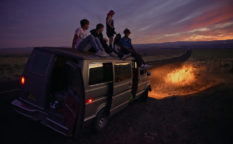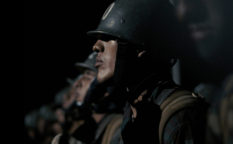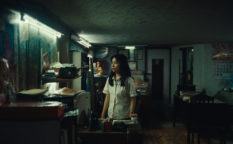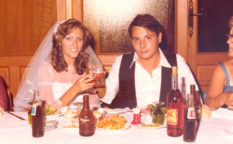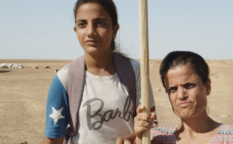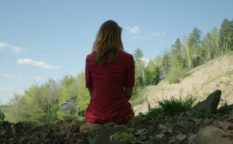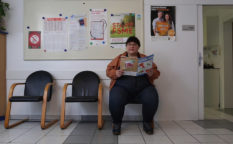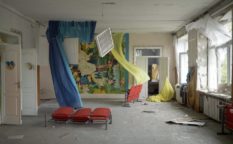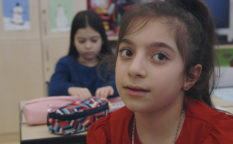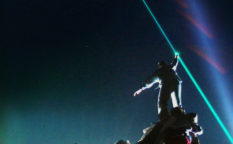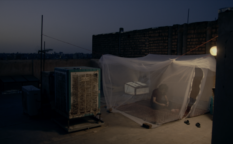Review: There Will Be No More Night (2020)
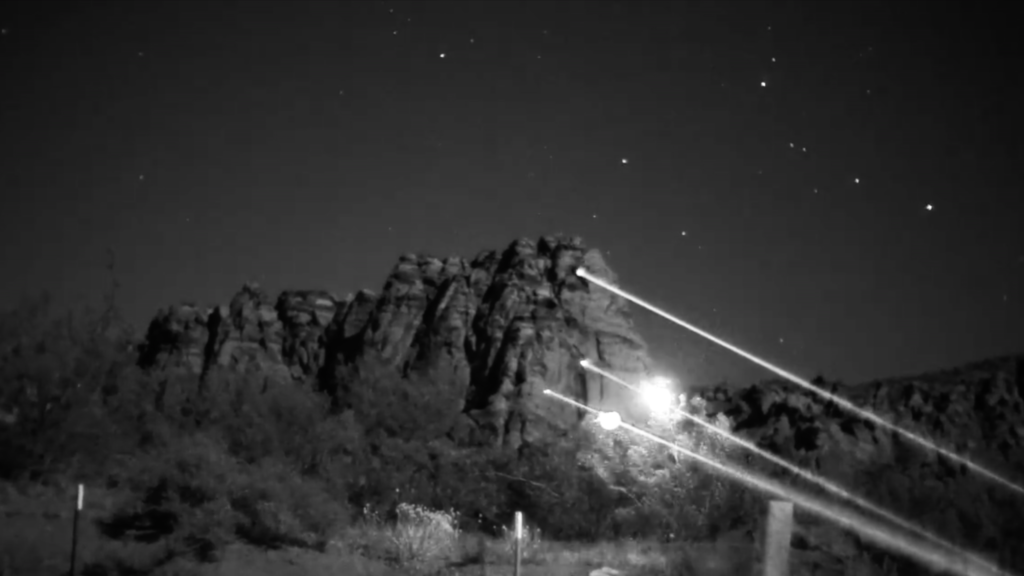
The title of Eléonor Weber’s warfare- and morality-themed documentary There Will Be No More Night will be illustrated only at the later stage of the film, with the revelation of the newest technological breakthrough regarding the cameras that can now illuminate even the darkest nights. Until then, the majority of its actions are set in the night-time and observed through the eyes of the helicopter gunners’ cameras that serve as their “eyes”, but also as the evidence-collecting devices.
There Will Be No More Night premiered at L’Étrange Festival this September before heading on a tour to Camden and IDFA that both took place online. We had a chance to see it at another virtual edition of a film festival – Sarajevo’s Pravo Ljudski.
There has been a lot of talk about the morality and the error-proneness of using drones as weapons, with a key argument that the “pilot” of such an aircraft does his job of reconnaissance and killing from the comfort of a room thousands of miles away from the actual battlefield, so their sense of detachment is approximately on the level of playing a war simulation type of video-game. The emerging of drones as weapons, however, did not relegate the more conventional aircrafts like planes and helicopters to the museums and historical books. On the contrary, they are still very much alive and employed in today’s wars. And, as we can see it from Weber’s documentary, the level of detachment for the gunners is pretty much the same as with the drones, no matter how present they are at the actual place of action. Even the things they see through their cameras uncannily resemble the video-game screens.
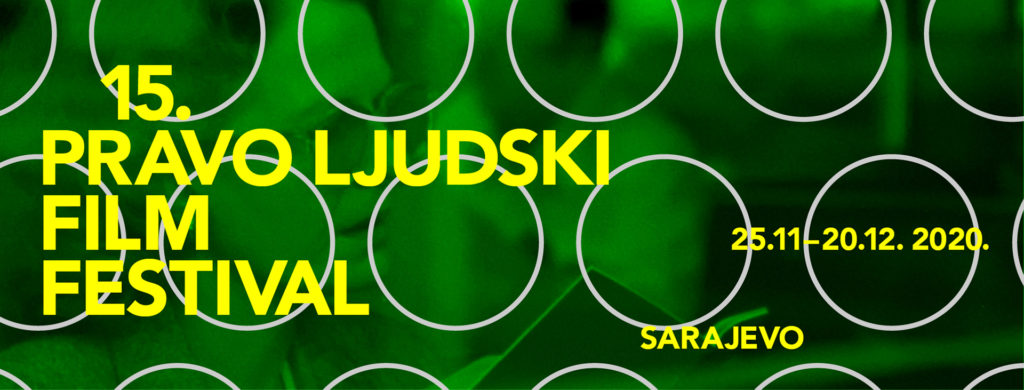
Weber’s documentary is composed of those shots, straight from the missions in Afghanistan and Iraq, as well as the trainings and tests that took place in the more peaceful parts of the world. Using Nathalie Richard as her narrator and a pilot referred as Pierre V. as her insider-consultant and context provider, Weber takes us to the complicated world of theories and practices, from the training missions of monitoring the objective (a person or a car), to combat and split-second decisions. Sure, there are the rules of engagement (the pilots have to provide the evidence that their targets behaved in a hostile fashion), the video-material is assessed by commanding officers, but the grey zone also known as “the context” (once the visual is not clear) can be huge. For instance, the scandal with the killing of a photo-journalist whose camera tripod looked like an RPG to a helicopter crew is quite well-known, but numberless farmers and civilians got shot at because their tools looked like rifles.
Weber is quite vocal with her criticism of the warfare and its dubious morality, but she also makes an effort for the other side to be heard by quoting Pierre V. quite often. Pilots are also humans and they are also doing their jobs, obeying the orders from the above and, finally, they are the ones that would take the toll of guilt for wrongful killings.
War is hell for all of the involved, but it goes on and on. The technology is getting more advanced, but it is doubtful that the cameras that can turn the night into a broad daylight would eliminate the possibilities to make a mistake or get a taste for killing. The rules do not let you engage in a combat that easily, but once you are in, it is even harder to get out.
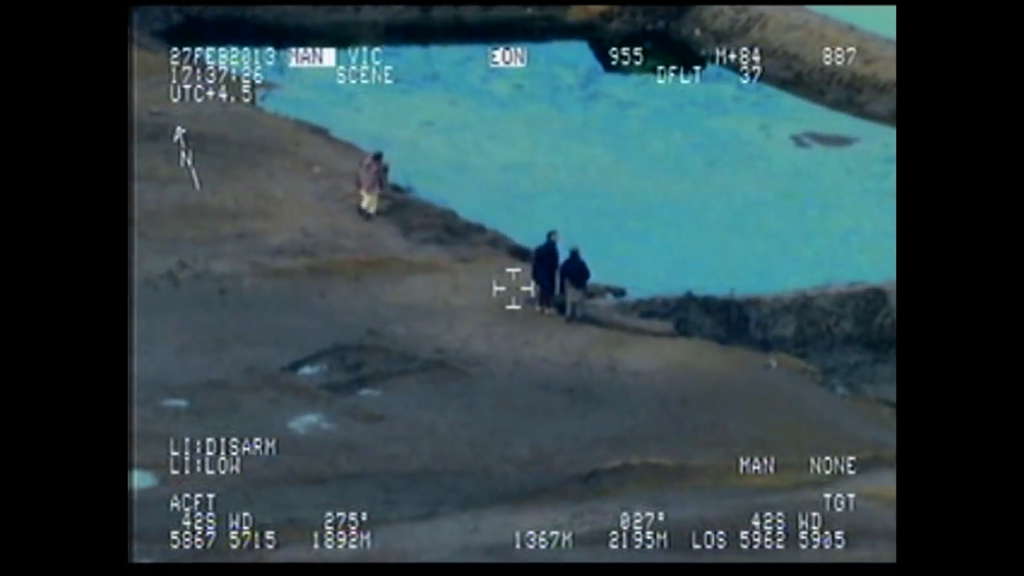
Original title: Il n’y aura plus de nuit
Year: 2020
Runtime: 76’
Country: France
Languages: French, English
Directed by: Eléonore Weber
Written by: Eléonore Weber
Narrated by: Nathalie Richard
Edited by: Fred Piet, Charlotte Tourrès, Eléonore Weber
Sound by: Ivan Gariel, Carole Verner
Produced by: Gaëlle Jones
Production company: Perspective Films
Supported by: CNC, Horse Pistes – Centre Pompidou


